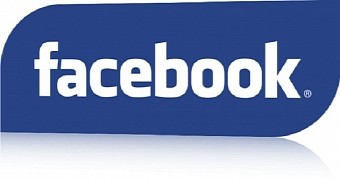If anyone was still wandering why Facebook would pay $19 billion (€14.66 billion) on messaging app WhatsApp, then things should be pretty clear now thanks to a statement made by Mark Zuckerberg.
After purchasing the app back in February, Zuck said that he believed the app could easily reach 1 billion users. That number has gone up a notch, it seems as the Facebook CEO told Bloomberg that WhatsApp has what it takes to reach 2-3 billion people.
“I think WhatsApp is going to be the global text messaging platform. I think we’re going to have an opportunity for WhatsApp to connect 2 or 3 billion people,” he told the publication.
This is a clear escalation of Facebook’s plans for the future of WhatsApp and it could be, in part, the fault of the quick rise in popularity the app suffered, which brought in 150 million users in 6 months, pushing up the number of total monthly users to 600 million.
The new goals, however, are clearly not short term in any way. First of all, it’s not just an issue of popularity, but also a connectivity problem. eMarketer estimates that there are 1.76 billion smartphone users in the world, although the number will rise by another billion in the next four years.
If Facebook is going by the same numbers, then it looks like this may be a 5-year-plan. Even then, however, no one will guarantee that all smartphones users will turn to WhatsApp, especially since there are plenty of people who hate Facebook and everything related to it, which extends to the acquired app.
In parallel, Facebook and Zuckerberg seem adamant about bringing the Internet to more people, which the CEO sees as “a big responsibility.” In fact, he says that they’re going to help out in this effort even if it costs Facebook billions of dollars to accomplish.
Internet.org was launched last year by Zuckerberg as an initiative for connecting the world on mobile devices. The first app was launched recently and it brings free access to a series of sites to people in Zambia. The app allows users to access Facebook, Google Search, Facebook Messenger, Wikipedia, as well as a series of legal portals and sites that help people get jobs, or better protect their rights.
“With this app, people can browse a set of useful health, employment and local information services without data charges. By providing free basic services via the app, we hope to bring more people online and help them discover valuable services they might not have otherwise,” Internet.org wrote back in July.

 14 DAY TRIAL //
14 DAY TRIAL //